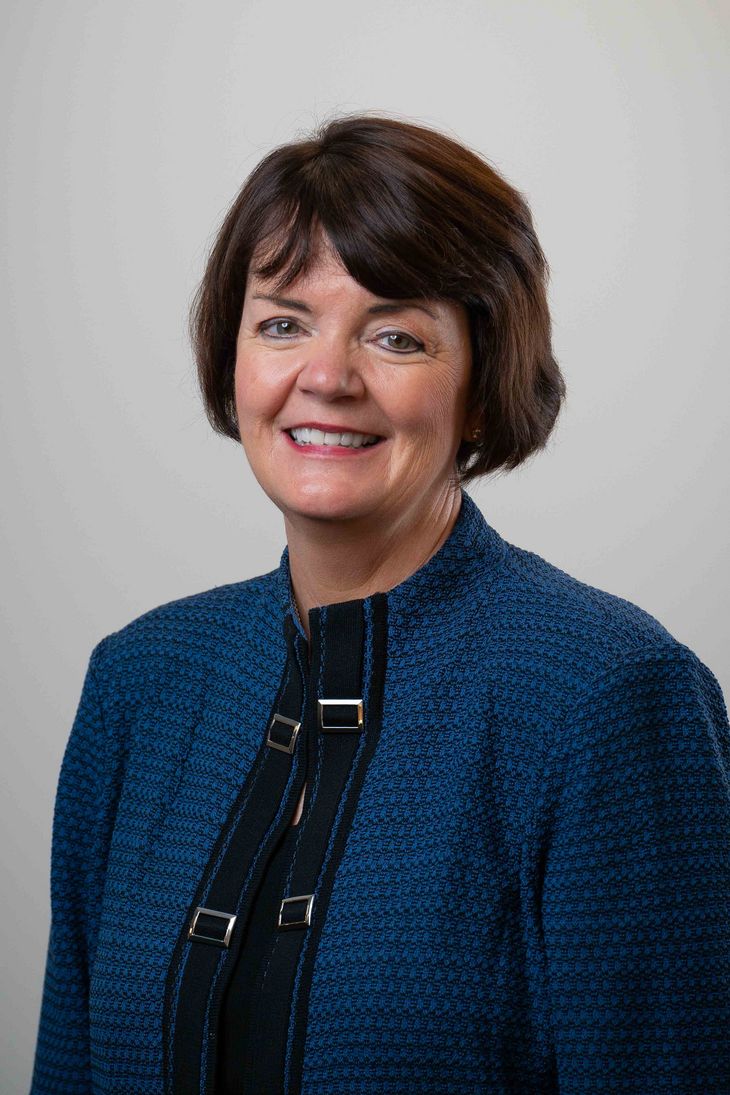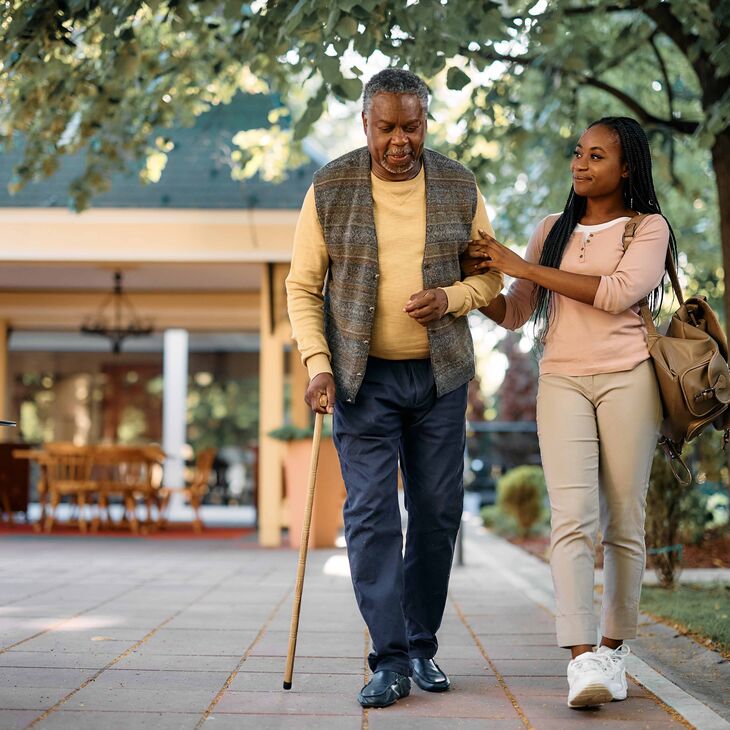Diane Von Ah

Dr. Diane Von Ah is a leader in oncology symptom science and has dedicated her career to improving the lives of cancer survivors and developing the next generation of scientists. Dr. Von Ah’s program of bio-behavioral research has focused on (1) identifying the incidence of subjective and objective cognitive dysfunction, (2) examining the underlying mechanisms of cognitive dysfunction, (3) exploring the impact of cognitive dysfunction on functional limitations, work ability and quality of life, and (4) discovering efficacious interventions to alleviate this potentially debilitating symptom in cancer survivors. Dr. Von Ah’s randomized clinical trials represent the first to fully test the effects of cognitive training to improve cognitive dysfunction in breast cancer survivors and is featured on the National Cancer Institute’s Research Tested Intervention Program website. Her research has been well-funded and disseminated widely appearing in top national and international journals.
Dr. Von Ah has used her expertise in symptom science to mentor the next generation of scientists and serve in leadership positions to support and communicate advancements in the field. She has served on study sections for the NIH and Chaired the Oncology Nursing Society (ONS) Grant Review Program. She was the leader of the ONS’s Putting Evidence into Practice, Cognitive Dysfunction Team and the primary author of the Society’s Research Agenda for 2019-2022. She is an invited Advisory Board Member on the NIH/NCI – Physician Data Query (PDQ ®) Supportive and Palliative Care Board, an interdisciplinary board of clinician scholars who write and disseminate the latest information on cancer symptoms and symptom management for clinicians to utilize in their practice. Most recently, she served on the National Academies of Science, Engineering, and Medicine Committee on Diagnosing and Treating Adult Cancers to review the latest cancer treatment and their effects, specifically identifying the ramifications of cognitive dysfunction on disability in cancer survivors. She has received numerous awards and distinctions in the field of oncology nursing and is a fellow of the American Academy of Nursing.
Dr. Von Ah earned her bachelor’s in Nursing and Master’s of Nursing from the University of Iowa and her PhD from the University of Alabama in Birmingham (UAB). She was a R25 pre-doctoral fellow in Cancer Prevention and Control at UAB where she completed a Susan G. Komen funded dissertation regarding the impact of stress and social support on symptom and immune outcomes in breast cancer survivors. She completed a T32 post-doctoral fellowship at Indiana University School of Nursing in behavioral oncology. As a post-doctoral fellow, she was funded by the Oncology Nursing Foundation to explore underlying mechanisms of cancer and cancer-related impairment and genetics of symptom management in cancer survivors. She was a Robert Wood Johnson Foundation Nurse Faculty Scholar from 2008-2011.
View my publications:
News
New data finds stress, anxiety and depression spike for those feeling the weight of a “culture of achievement”
Is the status of “perfect parent” attainable?
Researchers leading a national dialogue about parental burnout from The Ohio State University College of Nursing and the university’s Office of the Chief Wellness Officer say “no,” and a new study finds that pressure to try to be “perfect” leads to unhealthy impacts on both parents and their children.
Groundbreaking study provides a promising solution for preventing a major complication of pregnancy
According to the World Health Organization, more than 15 million babies are born preterm every year. More than one million of those babies lose their lives. Methods to predict risk for and prevent preterm birth are few and far between.


